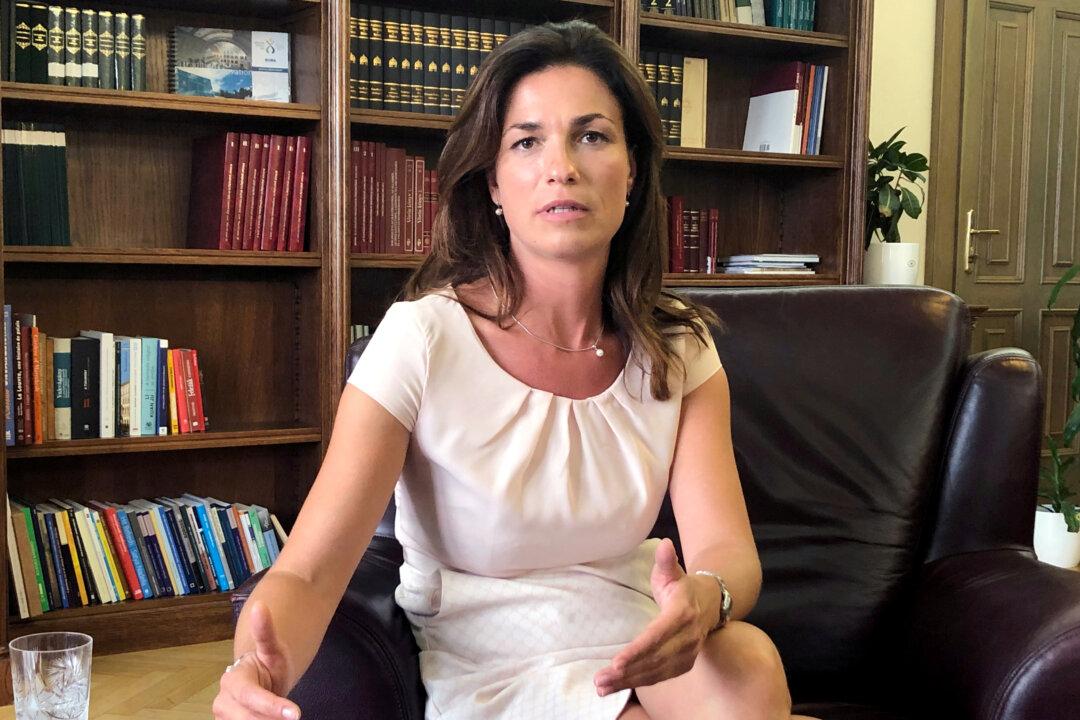BUDAPEST—Hungarian Justice Minister Judit Varga on Monday raised the prospect of sanctioning social media firms over what she called “systematic abuses” of free speech.
The minister said she would meet the Hungarian competition watchdog this week to discuss possible penalties for what she described as unfair commercial practices as well as convening a meeting of the country’s digital freedom committee.





